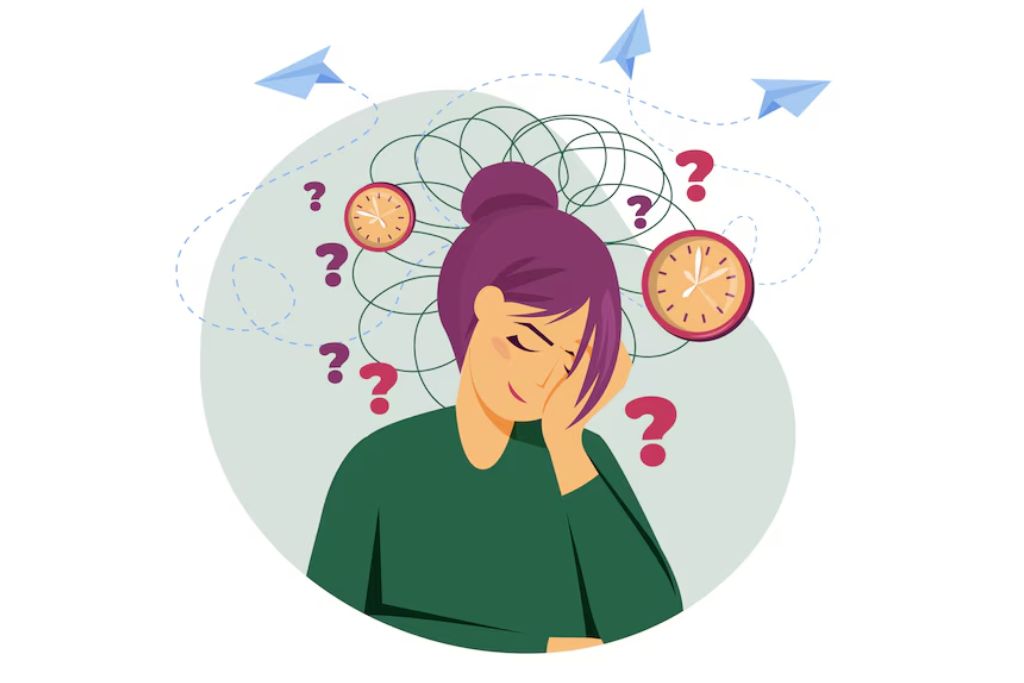Mental Health Conditions Understanding the Mind
Mental health conditions are disorders that affect thoughts, feelings, and behaviors. They can significantly impact a person’s daily life and overall well-being.
Common Mental Health Conditions
- Anxiety Disorders: Characterized by excessive worry and fear, anxiety disorders can manifest in various forms, including generalized anxiety disorder, panic disorder, and social anxiety1 disorder.
- Depression: A mood disorder that causes feelings of sadness, hopelessness, and loss of interest.
- Bipolar Disorder: A mental illness that causes shifts in mood, energy, and activity levels.
- Schizophrenia: A severe mental disorder that affects thinking, perception, and behavior.
- Eating Disorders: Conditions characterized by unhealthy eating habits, such as anorexia nervosa and bulimia nervosa.
- Obsessive-Compulsive Disorder (OCD): A mental disorder characterized by intrusive thoughts and repetitive behaviors.
- Post-Traumatic Stress Disorder (PTSD): A mental health condition triggered by a terrifying event.
- Attention-Deficit/Hyperactivity Disorder (ADHD): A neurodevelopmental disorder that affects attention, hyperactivity, and impulsivity.2
Symptoms of Mental Health Conditions
Symptoms of mental health conditions can vary widely and may include:
- Emotional Symptoms: Sadness, anxiety, irritability, and mood swings.
- Cognitive Symptoms: Difficulty concentrating, memory problems, and confusion.
- Physical Symptoms: Fatigue, headaches, and digestive issues.
- Behavioral Symptoms: Changes in sleep patterns, appetite, and social behavior.
Seeking Help
If you or someone you know is struggling with a mental health condition, it’s important to seek professional help. Early intervention and treatment can significantly improve outcomes.
Here are some steps to take:
- Recognize the Signs: Pay attention to changes in mood, behavior, or physical health.
- Consult a Mental Health Professional: A therapist or psychiatrist can provide diagnosis and treatment.
- Seek Support: Talk to friends, family, or support groups.
- Practice Self-Care: Engage in activities that promote relaxation and well-being.
- Medication: In some cases, medication may be prescribed to manage symptoms.
Remember, mental health is just as important as physical health. By seeking help and practicing self-care, you can improve your mental well-being and live a fulfilling life.

